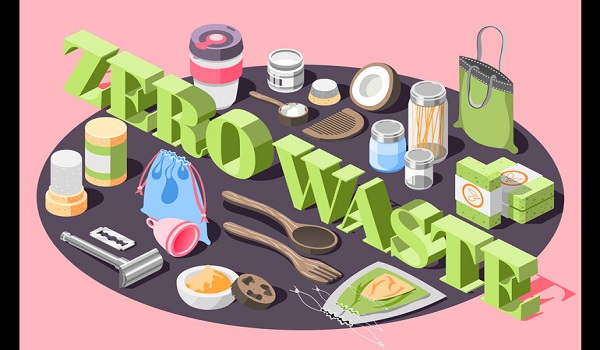Food brands are increasingly adopting zero-waste processing methods to reduce waste from harvest to packaging, paving the way for a more sustainable future in the food industry. With the global food waste crisis escalating, these companies are embracing innovative practices to minimize their ecological footprint, improving sustainability across the production chain.
At the heart of this movement is the commitment to fully utilize resources, from farm-level harvests to packaging solutions. “Zero-waste processing is one of the most significant strategies for reducing the ecological footprint of food production,” said Salloni Ghodawat, Director at Ghodawat Consumer Limited. Companies are sourcing excess produce for soups, juices, and purees while repurposing by-products like citrus peels and bran into natural flavorings and animal feed.
The movement is also addressing packaging waste. Many brands are shifting toward biodegradable and compostable materials, reducing reliance on single-use plastics and minimizing landfill waste.
Janardhan Swahar, CEO of Y-Cook India Private Limited, emphasized the importance of a “complete cycle” approach. Y-Cook, for example, repurposes 18 tons of corn-husks daily as fodder for livestock, benefiting local farmers and boosting milk production. The company also recycles 70% of the water used in its processes, further reinforcing its zero-waste commitment.
Technology is playing a pivotal role, with companies like Ofi India using cutting-edge methods to reduce waste. Gaurav Grover, CEO of Ofi India, explained how their upcycling initiative turns discarded coffee fruit into health products, creating value and reducing waste.
As consumer awareness of sustainability grows, these zero-waste efforts not only reduce environmental impact but also appeal to eco-conscious customers. Food brands are leading the way, ensuring a more sustainable future for food production.


